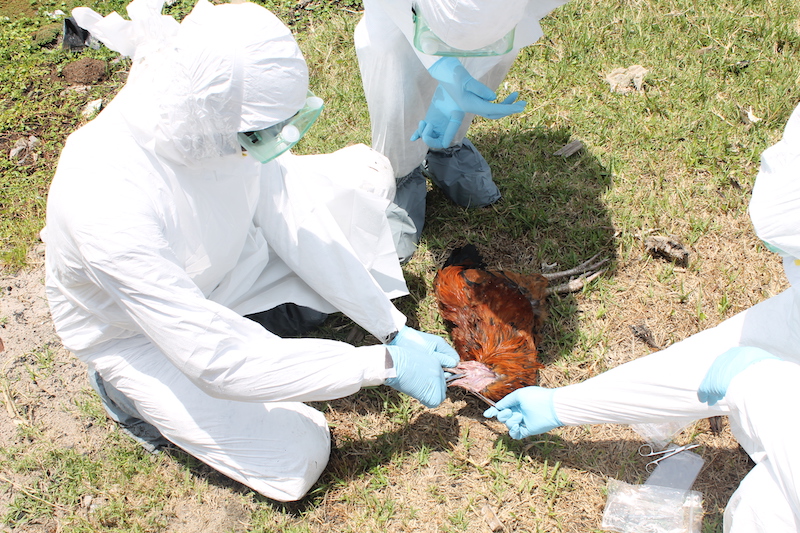The U.S. Agency for International Development (USAID) will award up to $85 million over the next five years to the University of California, Davis’ One Health Institute and consortium partners to implement the One Health Workforce—Next Generation project. The grant is meant to benefit two One Health University network in Africa and South East Asia.
One Health Central and Eastern Africa (OHCEA), rebranding to Africa One Health University Network (AFROHUN) will receive up to USD 25 million to support activities aimed at building a next generation One Health workforce for the continent. OHCEA has benefited from USAID funding under the Emerging Pandemic Threats (EPT) Program over the last 8 years. This current funding under the global Health Security Agenda (GHSA) is meant to strengthen and scale up what has been done in the previous funding phases.
The One Health Workforce-Next Generation Project intends to enhance global health security by strengthening the capacity of university networks and their member institutions in Africa and Southeast Asia. Teams from the two networks, working with the University of California-David-led consortium will develop and deliver sustainable training and programs that build the capacity of national ministries and the private sector to prevent and quickly respond to disease threats using a One Health approach across human, animal and environmental sectors.
Through three broad objectives, the OHCEA countries will develop evidence-based One Health training programs that will build necessary competences current and future One Health workforce. Working with governments, civil society, private sector and other key actors, programs that deliver cutting edge One Health training will be delivered across the continent through existing education structures.
“We are grateful to USAID for this continued confidence and trust in OHCEA; continuing to fund us to this tune of money is a sign of commitment to building the capacity of networks to deliver the required One Health workforce”, said Professor William Bazeyo – OHCEA Principal Investigator.
Professor Bazeyo – who is also the Deputy Vice Chancellor, Makerere University- added that the One Health Central and Eastern Africa is repositioning itself as a response to the increasing demand for its presence in the wider Africa. “There are many institutions sending in requests to be part of the network from as far as Egypt, South Africa, Benin and other parts of Africa. Additionally, in countries where we are already, many more institutions have also expressed desire to join us. This shows that the network is growing, but also the One Health approach is getting increasingly accepted.

